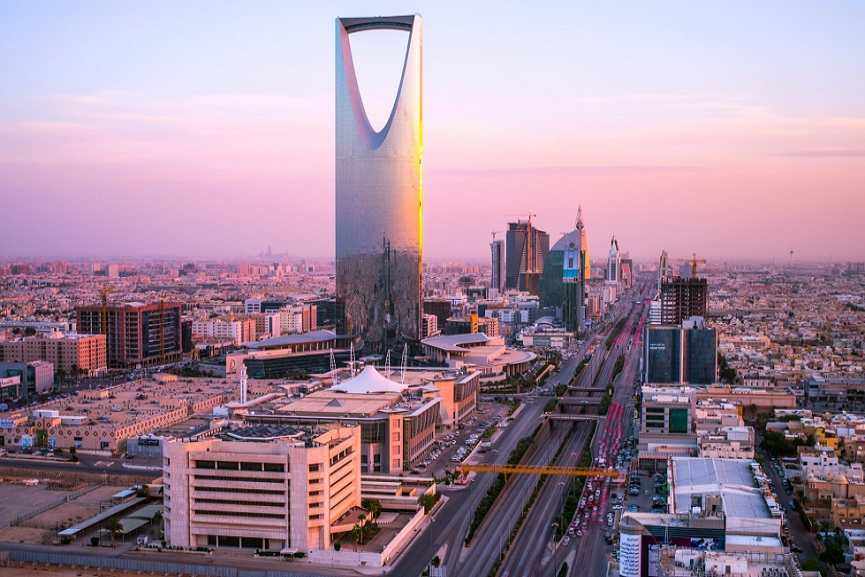The Global Economy Caught Between Wars and Geopolitical Conflicts
- Date: 27-Dec-2022
- Source: Asharq AL-awsat
- Sector:Financial Services
- Country:Saudi Arabia
The Global Economy Caught Between Wars and Geopolitical Conflicts
There is a saying, "When the US economy sneezes, the emerging markets get a cold." The global economy now may be more complex: it is more resilient in terms of where new economic growth emerges, but more vulnerable in terms of risk emanating from the United States, but also in China, and in sites of conflict and geopolitical competition.
Inflation is the immediate risk, but the outlook for shared global growth looks more uneven as the traditional drivers of innovation and investment from the West now face a prolonged demographic decline, coupled with rising nationalist sentiment, and protectionist trade and industrial policies.
The Covid-19 pandemic, Russia waging war in Europe, and a distrust of China's economic model all influence Western strategic assessments, but the trendline of growth and productivity decline has been building for some time. In the rich world, between 1980 and 2000, GDP per capita grew annually on average about 2.25%, but in the last twenty years that growth has halved.
Challenges in the Arab region
For the Arab region, 2023 will bring a set of new challenges to balance the opportunity of high resource revenues with more structural inflationary pressures and a widening gap between energy importers and exporters. The upside


















